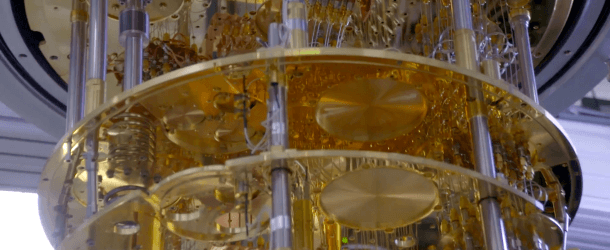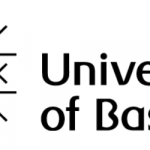The Expansion of Quantum Computing

(Forbes) Lars Tvede, Forbes Business Council Member, begins by revisiting a comment made in 2018 by an unnamed computer scientist saying that while classical computers have advanced “leaps and bounds” but he added that quantum computing has not had any success and that it will probably stay that way.
However, only two years later, Tvede refutes the 2018 negativism and stresses we now know that 1) quantum computing actually works, and 2) it is blistering fast.
Google announced that its quantum computer had done a computation in just 200 seconds, which it claimed that the world’s fastest traditional supercomputer would have needed 10,000 years to solve. This meant that it had reached a milestone called quantum supremacy, even though a few days later, its rival IBM proved that it could have been done in hours with a modern supercomputer, which would make the quantum computer only 1,000 times faster.
In June 2019, Scientific American published an article about how the progress in quantum computing apparently followed Neven’s Law. Neven claimed that its performance grew at a double exponential rate. In general, the great comparative advantage of quantum computers is to find optimal solutions to problems that have almost infinitely many variables — a huge number of moving atoms, for example.
There is a race going on among IBM, Google, Microsoft and other large and small private companies, and heavy research is taking place at many universities worldwide. By now, we can assume that quantum computing will eventually massively accelerate many of our scientific and technical processes.























